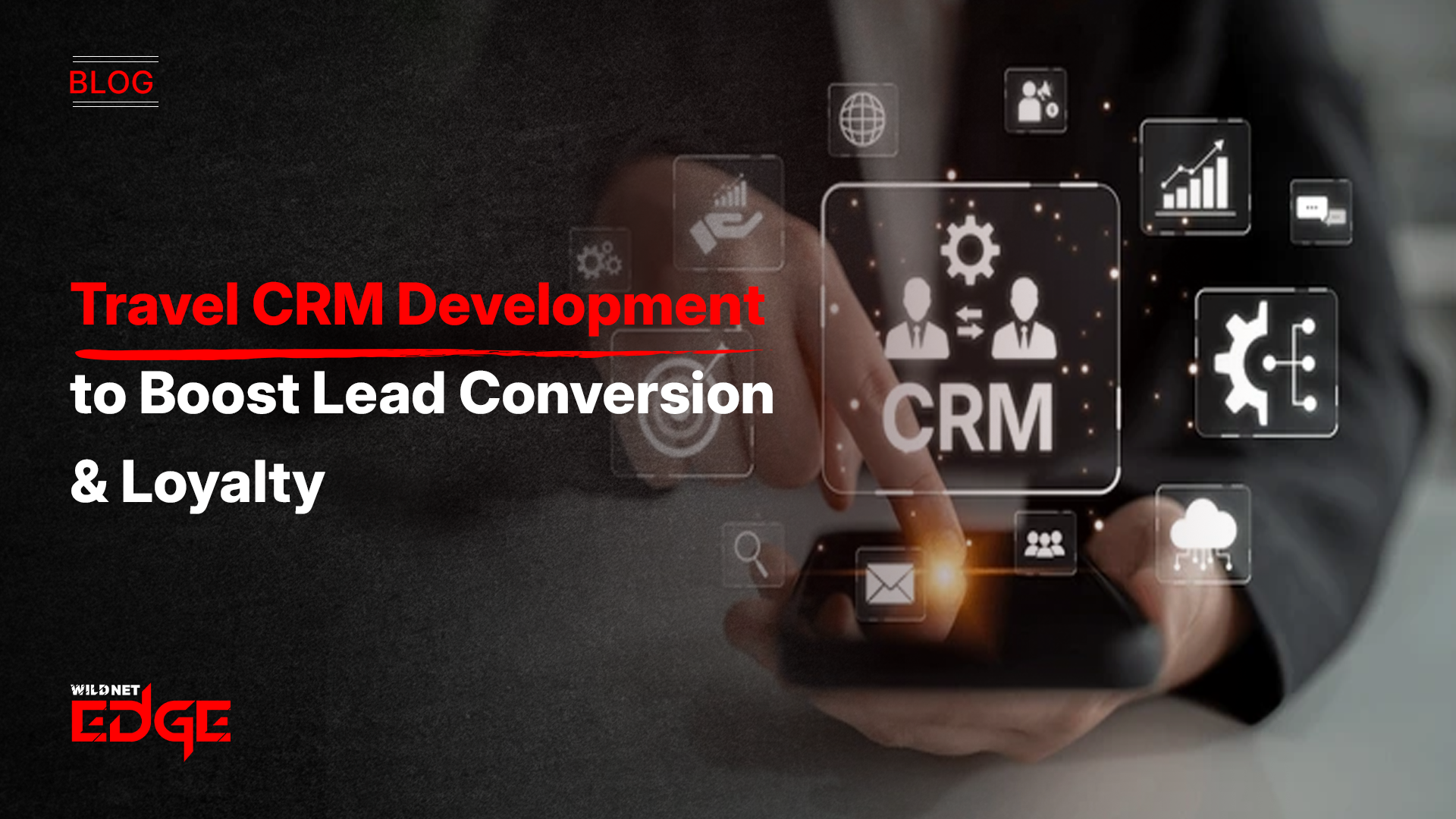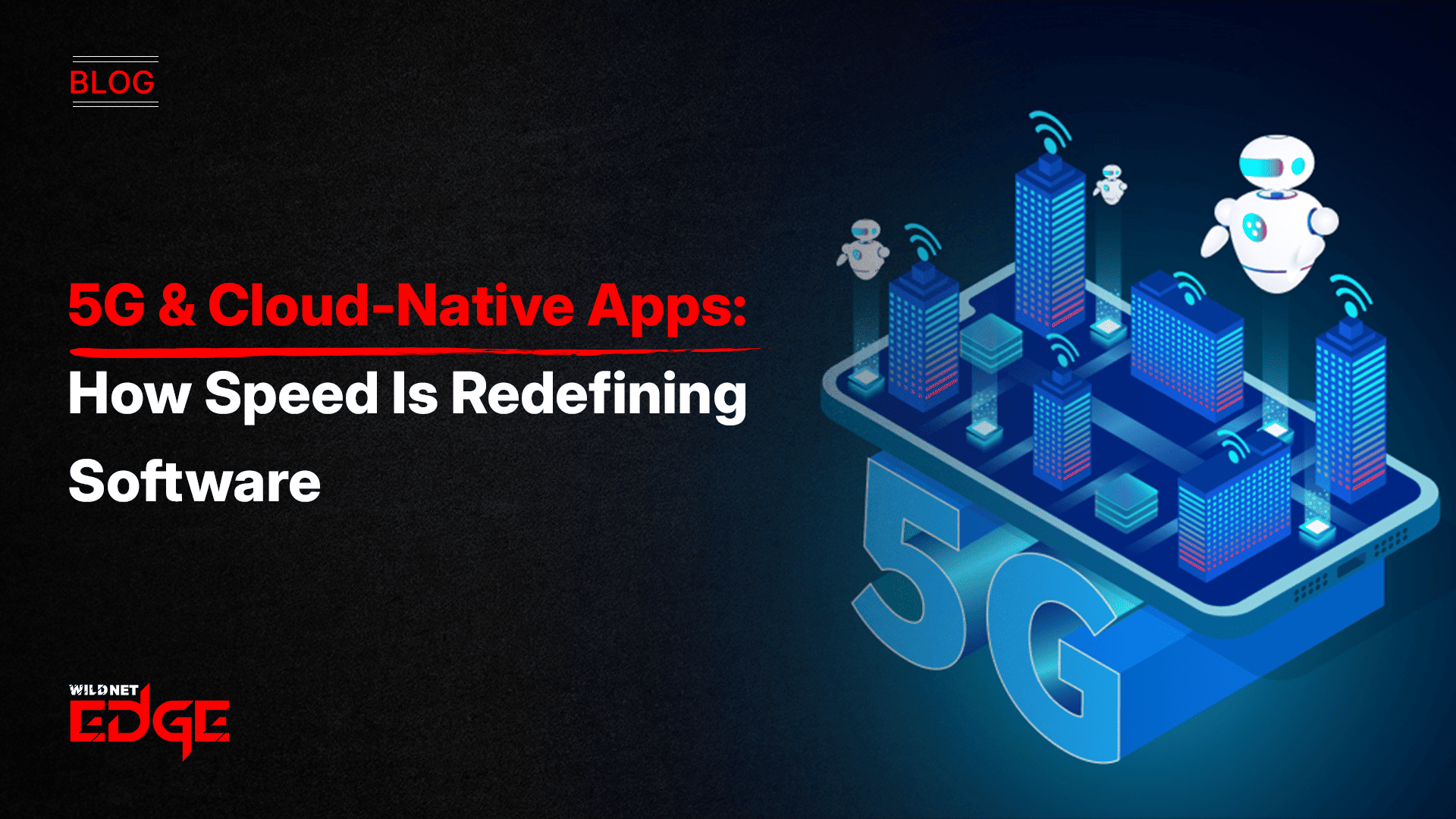In today’s fast-paced business environment, companies face a myriad of challenges that require innovative solutions. From managing customer expectations to optimizing internal processes, the pressure to perform can be overwhelming. How do you ensure that your organization remains competitive and capable of solving complex problems efficiently? Enter generative AI for business. This technology not only offers cutting-edge approaches to problem-solving but also enhances creativity and productivity in ways previously unimaginable.
Whether you’re a startup or an established enterprise, understanding how to leverage AI tools can make a significant difference in operational efficiency and strategic growth. In this article, we will explore various aspects of generative AI, including the benefits of ChatGPT for business, applied use cases across different industries, and the importance of choosing the right software development company. Let’s dive in!
Benefits of ChatGPT for Business
Leveraging ChatGPT for business can lead to transformative changes in how organizations interact with their customers and streamline internal communications.
Improving Customer Interactions with ChatGPT
One of the most impactful ways ChatGPT can benefit businesses is through enhanced customer support. Imagine a scenario where customers can receive immediate, accurate answers to their inquiries—day or night! ChatGPT automates responses, providing round-the-clock assistance without the need for human intervention.
Case Study: A leading e-commerce retailer implemented ChatGPT into its customer service framework. Within three months, the company observed a 40% increase in customer satisfaction scores and a 30% reduction in response time. Customers could now find solutions to common problems quickly, which not only improved their experience but also freed up human agents to handle more complex inquiries.
Furthermore, the versatility of ChatGPT allows businesses to tailor interactions based on customer profiles, offering personalized recommendations and support. This personalization deepens customer relationships and fosters brand loyalty.
Streamlining Internal Communications with ChatGPT
Beyond external customer interactions, ChatGPT significantly enhances internal communications within teams. Organizations often struggle with information silos and inefficient communication channels. Implementing ChatGPT as a team collaboration tool can help bridge these gaps, making it easier for employees to access information, share ideas, and facilitate discussions.
For instance, consider a marketing department that regularly brainstorms content ideas. By utilizing ChatGPT, team members can input their thoughts and receive instant feedback or additional suggestions. As a result, productivity can see a marked increase, with teams spending less time searching for answers and more time focusing on strategic initiatives.
Moreover, the integration of ChatGPT into popular workplace tools like Slack or Microsoft Teams can allow for seamless communication. Notifications, updates, and queries can all be handled by AI, ensuring that essential information is disseminated promptly.
Gen AI Use Cases in Various Industries
Generative AI is not confined to a single sector; its applications span a multitude of industries, each benefiting uniquely from this technology.
Healthcare Applications of Gen AI
In the healthcare sector, generative AI is making waves by providing solutions that improve patient outcomes and operational efficiency. Generative AI can analyze vast amounts of medical data, offering insights that facilitate early diagnosis and targeted treatment plans.
For instance, a healthcare provider deployed generative AI to predict patient diagnoses based on their medical history and symptoms. This proactive approach resulted in a 25% increase in successful treatment outcomes. Additionally, AI-generated reports can streamline administrative processes, reduce paperwork, and minimize human error, allowing healthcare professionals to focus more on patient care.
Retail Innovations through Gen AI
The retail industry is also experiencing significant innovations driven by generative AI. By harnessing AI algorithms, retailers can create highly personalized shopping experiences. For example, online clothing retailers utilize generative AI to recommend outfits based on a customer’s previous purchases and browsing history.
A notable case is an upscale fashion brand that integrated generative AI to enhance its recommendation engine. They saw a 50% increase in add-to-cart rates because customers received tailored suggestions, leading to a notable boost in sales. Generative AI assists not only in personalizing the customer experience but also in optimizing inventory management by predicting trends and customer demands, consequently reducing excess stock.
Choosing a Software Development Company for Generative AI
As businesses look to adopt generative AI, selecting the right software development company becomes crucial. The success of your implementation hinges on several key factors.
Key Features to Look For
When evaluating a software development company, consider the following essential features:
- Expertise in Generative AI: Ensure that the company has a proven track record of working with generative AI technologies.
- Custom Solutions: Look for companies that can provide tailored solutions that align with your specific business needs rather than one-size-fits-all packages.
- Robust Support: Post-deployment support is crucial for troubleshooting and continual improvement. Choose a company that offers ongoing assistance.
These features will enable you to partner with a company that not only understands generative AI but also prioritizes your business goals and requirements.
The Role of Experience and Portfolio
The significance of a company’s experience and portfolio cannot be overstated. A reputable software development company should have a strong portfolio showcasing successful projects in generative AI implementation across various industries. Review case studies that demonstrate how their solutions have added tangible value to their clients.
For example, if a company has worked with a Fortune 500 client to optimize their supply chain using generative AI, that’s a strong indicator of credibility. Additionally, seek testimonials from previous clients to understand their satisfaction levels and the effectiveness of the solutions provided.
Mobile App Development Company Advantages with Generative AI
Generative AI is revolutionizing mobile app development, enabling developers to create applications that are not only functional but also engaging and efficient.
Enhancing User Experiences in Apps
One of the prime advantages of using generative AI in mobile app development is the ability to enhance user experiences significantly. By employing generative AI algorithms, developers can analyze user behavior and preferences in real-time, displaying personalized content that improves user engagement.
For instance, a mobile app for fitness tracking utilized generative AI to offer personalized workout plans and meal suggestions based on user goals. This adaptive feature led to increased user retention and satisfaction, as users felt the app understood their unique needs.
Streamlining Development Processes with Generative AI
Generative AI also brings substantial efficiency improvements to the development process itself. It can automate repetitive coding tasks, allowing developers to focus on more innovative aspects of app design. Additionally, generative AI tools can predict potential issues in code, which minimizes debugging time and accelerates the deployment process.
A mobile app development company that implemented generative AI in its coding practices reported a 40% reduction in development time. This rapid turnaround has allowed the company to bring more products to market quicker, satisfying client demands more effectively.
How Generative AI for Business Solves Complex Problems
Generative AI is particularly effective at addressing complex business challenges that traditional methods may struggle to resolve.
Identifying Complex Problems to Solve
When considering the application of generative AI in business, it’s vital to pinpoint the complex problems that it can help address. These may include:
- Data analysis challenges: Sorting through large datasets to extract meaningful insights often overwhelms teams. Generative AI can automate this task, offering quick interpretations.
- Creative tasks: Generative AI can aid in creative processes, such as content creation, design, or product development, where traditional approaches may fall short in terms of innovation.
- Predictive analytics: The ability to forecast market trends and customer behavior can give businesses a competitive edge. Generative AI excels in processing historical and real-time data to provide reliable predictions.
By identifying these cardinal issues, businesses can strategically apply generative AI solutions that are well-suited to their operational needs.
Case Studies of Complex Problem Solving
Real-world applications of generative AI continue to emerge, showcasing its efficacy in problem-solving. For example, a large financial institution implemented generative AI to streamline its fraud detection processes. By analyzing transaction patterns and employing machine learning techniques, the institution saw a 70% increase in fraud detection accuracy, which significantly reduced financial losses.
In another instance, a manufacturing company utilized generative AI to optimize its supply chain logistics. The AI algorithms analyzed variables like pricing, demand forecasts, and transportation routes, resulting in a 15% reduction in logistics costs while improving delivery times.
These case studies reinforce the idea that generative AI can be a game-changer, offering concrete solutions to complex business problems.
Implementing Generative AI for Business Strategies
To reap the full benefits of generative AI, businesses need to adopt a strategic approach to implementation.
Creating a Roadmap for Adoption
A successful implementation of generative AI requires a well-thought-out strategy. This roadmap should include:
- Assessing Business Needs: Identify specific areas where generative AI can make an impact.
- Collaborating with Experts: Involve an experienced software development company specializing in generative AI to guide you through the process.
- Pilot Programs: Start with small-scale pilot projects to test the technology and measure its effectiveness before full-scale deployment.
These steps will ensure that generative AI is integrated seamlessly into your business strategy, tailored to meet your objectives.
Measuring Success of Generative AI Implementation
To quantify the effectiveness of generative AI initiatives, clear metrics and KPIs must be established. Some actionable metrics include:
- ROI Analysis: Assess the financial impact of generative AI on your bottom line.
- User Engagement Metrics: Track how user engagement changes due to AI features, such as personalization.
- Operational Efficiency Metrics: Evaluate the time saved on tasks that have been automated through generative AI.
Regularly reviewing these metrics fosters continual improvement and ensures the technology aligns with your overall business strategy.
Conclusion
Generative AI for business is quickly becoming a vital tool for organizations seeking to solve complex challenges and drive innovation. From leveraging ChatGPT to improve customer interactions and streamline internal communications to employing generative AI within industries like healthcare and retail, the potential applications are vast and varied.
When considering implementing generative AI, choosing the right software development company like Wildnet Edge is crucial to ensure successful outcomes. Partnering with an AI-first company will empower your organization to maximize the benefits of this technology effectively. For businesses contemplating this transformative technology, now is the time to take action and explore the profound possibilities generative AI can unlock.
FAQs
Generative AI for business refers to AI technologies that create content, enabling companies to solve complex problems efficiently.
ChatGPT for business can automate responses, provide 24/7 support, and enhance customer engagement.
Key gen AI use cases include personalized marketing, content creation, and predictive analytics across various industries.
You should evaluate their experience, portfolio, and understanding of generative AI technologies.
A mobile app development company can leverage generative AI to enhance functionality, improve user experience, and optimize app performance.

Managing Director (MD) Nitin Agarwal is a veteran in custom software development. He is fascinated by how software can turn ideas into real-world solutions. With extensive experience designing scalable and efficient systems, he focuses on creating software that delivers tangible results. Nitin enjoys exploring emerging technologies, taking on challenging projects, and mentoring teams to bring ideas to life. He believes that good software is not just about code; it’s about understanding problems and creating value for users. For him, great software combines thoughtful design, clever engineering, and a clear understanding of the problems it’s meant to solve.
 sales@wildnetedge.com
sales@wildnetedge.com +1 (212) 901 8616
+1 (212) 901 8616 +1 (437) 225-7733
+1 (437) 225-7733















 ChatGPT Development & Enablement
ChatGPT Development & Enablement Hire AI & ChatGPT Experts
Hire AI & ChatGPT Experts ChatGPT Apps by Industry
ChatGPT Apps by Industry ChatGPT Blog
ChatGPT Blog ChatGPT Case study
ChatGPT Case study AI Development Services
AI Development Services Industry AI Solutions
Industry AI Solutions AI Consulting & Research
AI Consulting & Research Automation & Intelligence
Automation & Intelligence













